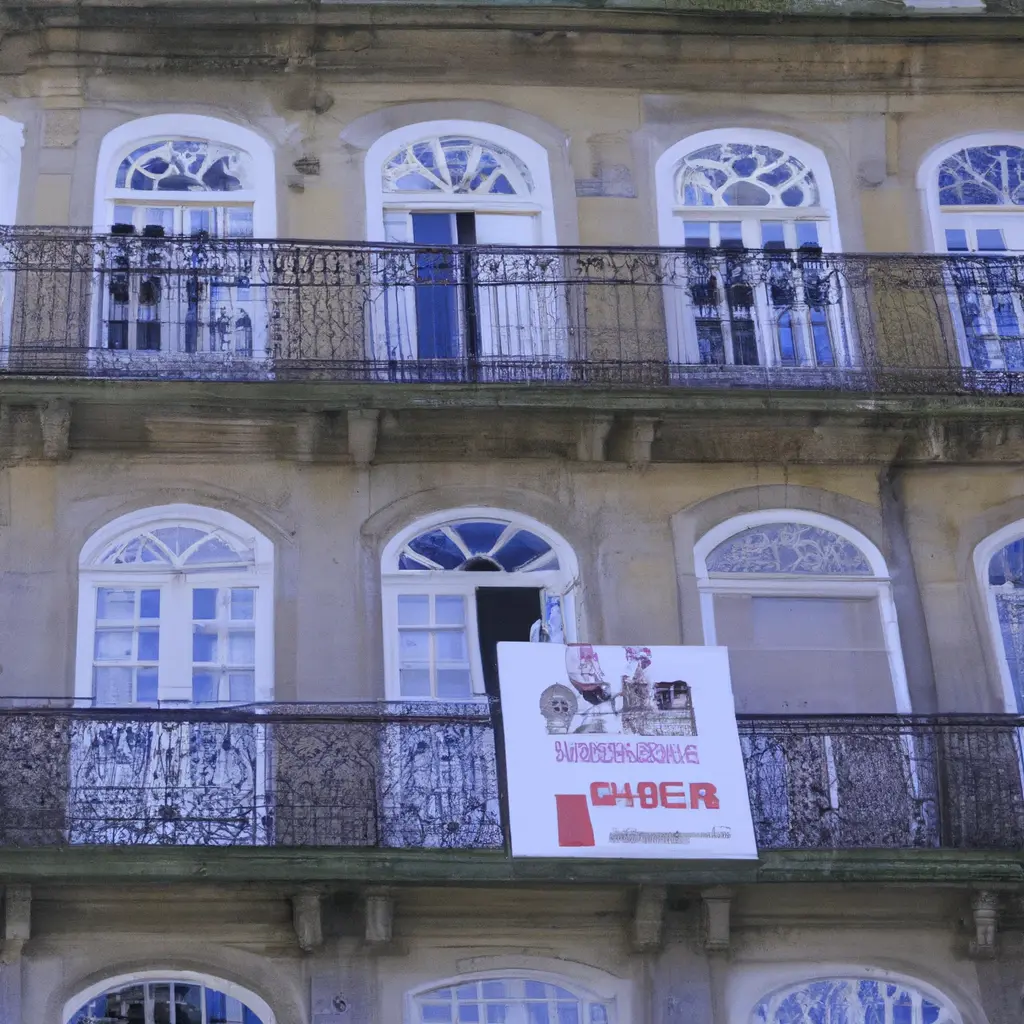"Short-term rentals - the cause of the housing crisis in Porto?"?"

Residents of Porto say they are being squeezed out of the real estate market because of short-term rentals, but property owners claim they contribute to the local economy. Every year, millions of people visit Porto, and with its river, iconic bridge, and culinary reputation, it's easy to understand why. Visitors are a significant part of the local economy, but there is a fine line between sustainable tourism and mass tourism, when local residents cannot afford to live there.
"Huge housing problems."
In April2023, mass protests took place in Portugal due to a housing crisis caused by foreign investments in real estate, low wages, lack of affordable housing, and exacerbated reduction of housing stock due to short-term vacation rentals.
Elena Soutu from the housing association Habitação Hoje! says that the situation is causing huge problems..
“Every day we hear about cases of people living in overcrowded conditions, for example, 12 people in a small apartment, 15 people,” she says. “We are talking about serious issues with cold, humidity, and mold.”
She says that vacant public housing is a big problem, just like gentrification in neighborhoods, when short-term rentals start to outnumber residential units.
"The city is created for those who can pay high prices, so it can be tourists, digital nomads, or people coming for business," she says.
The rise of digital nomads
Portugal has witnessed a rise in digital nomads and offers a visa for them. Housing activists say this will only exacerbate the crisis.
Companies that offer housing for both short-term and long-term rentals, as well as coworking spaces, claim the opposite.
“They become part of the local community,” says Rui Santos, head of communications at FeelPorto. “They shop at the same stores, dine at restaurants, and visit supermarkets.
13 May 2025
14 May 2025
He denies that they have an impact on the housing stock.
“It’s the other way around,” he says. “Because this type of solution allows digital nomads not to put pressure on housing.”
Local authorities are taking measures.
Porto has introduced rules allowing the freezing of short-term rental licenses, marking the first instance of this in a Portuguese city.
Ricardo Valente is the city councilor for finance, economy, and employment in Porto.
“We have two parts of the city,” he explains. “A sustainable zone where you can get a new registration, and those areas where, if there is a lot of pressure, you are not allowed to obtain a new license.”
New rules across Europe
The issue of sustainable tourism is not just a problem for Portugal; it encompasses all of Europe.
The European Commission has proposed new rules for the collection and exchange of data on short-term rentals to learn more about who is staying where and for how long, as part of the single market.
All owners and properties will have to follow the same online registration procedure and obtain a unique identification number - harmonizing data and assisting in the fight against illegal short-term rentals.
“This new European regulation is very important for us because it provides one of the most crucial things - information,” says Valente.
"Most of the problems we face in managing short-term rentals are related to how these platforms hide information. Therefore, it is very important for us to have this level of play, stating that what is legal offline should be legal online, and what is illegal offline should be illegal online."
Finding the right balance
Tourism plays a significant role in Porto's economy. It's not just the money spent on accommodation, but also the money spent in local businesses, such as workshops for preparing traditional Portuguese dishes.
"Cooking and food are a very important part of our culture in Portugal," says owner and manager Nuno Pedroza.
“We started our business by trying to promote places here in the city center because... the central part of Porto had been neglected, but in the last 10-15 years, a lot has started to change, and this has brought life back to the center of Porto.”
Brussels hopes that its new short-term rental rules will become part of the recipe for success for sustainable tourism in Porto and the rest of Europe.
Comment
Popular Posts
Popular Offers

Subscribe to the newsletter from Hatamatata.com!
Subscribe to the newsletter from Hatamatata.com!
I agree to the processing of personal data and confidentiality rules of Hatamatata














